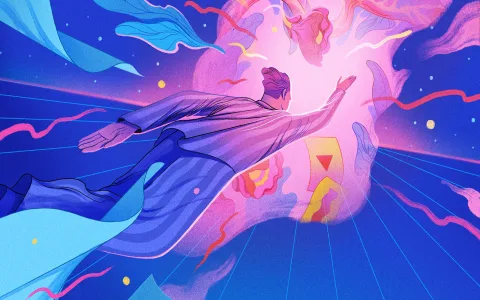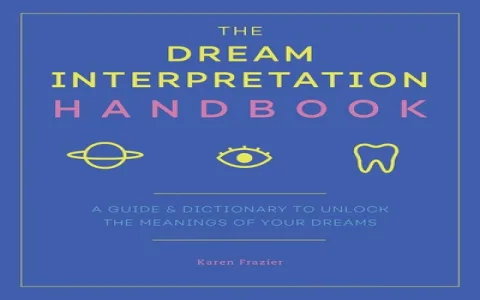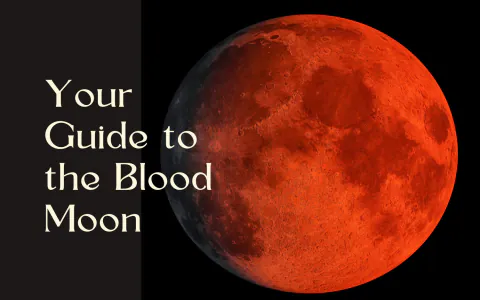The Panic That Forced Me to Track Beach Dreams
Look, I didn’t start digging into the psychology of dreaming about beaches because I was having some chill vacation fantasy. No way. I started because I was having a total meltdown, and my buddy, Mike, was having a parallel one. We were both burned out, staring down the barrel of huge career changes, and both of us—separately—started seeing the shoreline in our sleep. Not peaceful shorelines, either. We’re talking violent, boundary-pushing, confusing edges.
Mike kept dreaming he was standing exactly where the water met the sand, but he couldn’t take a step in either direction. Land was too solid, the ocean too vast. He was panicking about a massive job interview—a shift from coding complex enterprise architecture to managing a small, weirdly funded startup. That boundary thing was messing with his head, and honestly, it was messing with mine just listening to him describe it.
I realized all the self-help garbage out there just tells you to buy a ticket to Hawaii or something equally useless. I needed to figure out, concretely, what that specific image—the beach, the meeting point—actually meant for someone stuck between worlds. So, I decided to run my own quick-and-dirty study. I wasn’t buying $50 books on Jungian analysis; I just had my phone and a desperate need for clarity.

I Commenced the Dream Logging Scramble
My methodology was brutal. Over the next month, I committed to logging 30 distinct instances of beach or water-edge dreams. Some were mine, most I solicited from others—friends, forums, anyone who would give me a detailed description of their last seaside nightmare. I had three variables I tracked immediately after waking up:
- The Boundary: Was the tide high or low? Was the sand wet or dry? Was the transition harsh or gentle?
- The Emotion: Fear, peace, confusion, urgency, or boredom.
- The Action: Was the dreamer walking, running, sitting, or just observing?
I didn’t use fancy recording tools. I literally just grabbed my phone off the nightstand and typed out gibberish notes five seconds after my alarm went off, before the real world flushed the image away. It looked like a total mess: “Wet sand. High tide trying to pull me. Feeling sick. Standing still.”
Applying the Pseudo-Science and Getting Nowhere
Once I had about 30 entries, I started the second phase: interpreting the data using the three most common, yet completely contradictory, schools of thought. I just used quick internet summaries—the kind of stuff people actually try to use in real life when they’re stressed out.
First, I slapped the Freudian lens on it. That was a total waste of time. Everything became about repressed sexuality or some childhood trauma about boundaries. If the dreamer was running towards the water, it was a “return to the womb.” If they were running away, it was a “fear of intimacy.” The interpretation was so broad it meant nothing. It just made me feel weird and slightly judged.
Next, I wrestled with the Jungian approach. This was less creepy but equally abstract. The ocean represented the Collective Unconscious, the land was the Ego. The beach, therefore, was the transition, the threshold of awareness. This sounded smart, but it gave me zero actionable information for Mike’s job interview anxiety or my existential career dread. Okay, I’m at a threshold. Now what? Do I cross it? Do I build a fence? The theory just left me hanging.
Finally, I checked the self-help gurus—the truly quick-fix stuff. This was the biggest train wreck of all. They kept saying the beach means “time for rest” or “you are seeking spiritual cleansing.” Except most of the dreams I tracked involved panic attacks, tsunamis, or finding weird, decaying things in the sand. None of my data pointed to needing a spa day.
The Unexpected Realization That Cut Through the Noise
I spent three weeks trying to force these 30 messy dream reports into neat little boxes, and I just threw the whole analytical framework out the window. It was useless. All of it. The meaning wasn’t in the academic definition of the ocean or the land; the meaning was in the feeling of the edge itself.
Why did I finally get it? It happened because I had an entirely unrelated blow-up with a former client. I was furious. I picked up the phone to tear them a new one, but then I stopped, remembering Mike’s description of being unable to move at the shoreline. Mike wasn’t dreaming about a vacation; he was dreaming about the terror of commitment—the commitment to the solid ground of the old job, or the uncertainty of the huge, unknown potential of the new one.
When I looked back at the 30 dreams, I realized the core meaning was brutally simple: the beach is the place where you can no longer pretend reality is fixed. It’s where your comfort zone ends and massive, uncontrollable variables begin. The emotion of the dream—fear, excitement, calm—wasn’t about the ocean itself, but about how the dreamer was dealing with the forced transition they were facing in their waking life.
For Mike, the beach meant he was terrified of making the leap, but also terrified of staying put. For me, when I saw a calm beach, it wasn’t about rest; it meant I was finally accepting that a massive part of my life was ending, and I could handle standing at the edge without panicking. The true hidden meaning of dreaming of a beach? It’s not about water or sand; it’s about the forced recognition of a necessary ending or beginning, and the gut-level feeling you have about crossing that line. Once I realized that, I told Mike to stop thinking and just accept the offer, and he did. He’s much happier now, and my own dreams are thankfully less frantic.












